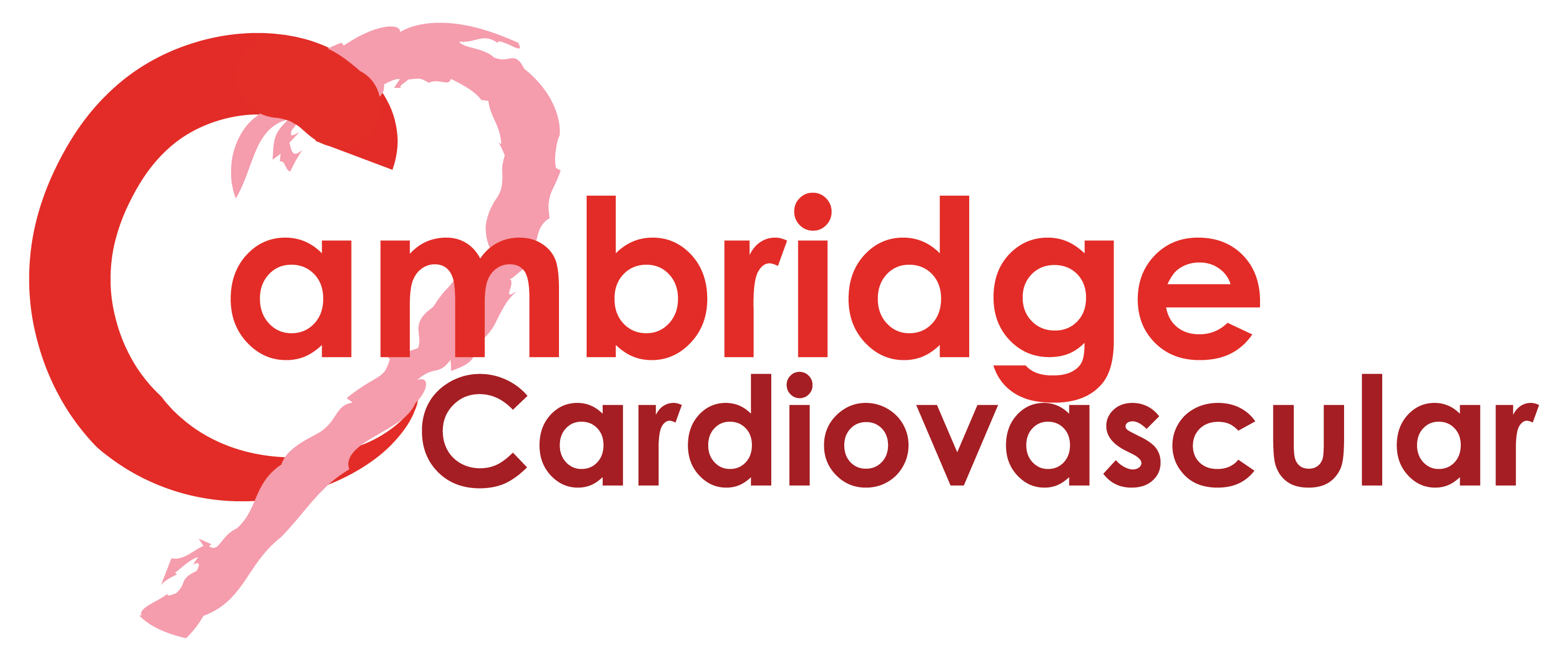Cambridge Cardiovascular researcher Dr Tian Zhao will join forces with a team in the Netherlands to drive breakthroughs in heart and circulatory diseases research, thanks to a pioneering partnership between the British Heart Foundation (BHF), Dutch Heart Foundation (DHF) and German Centre for Cardiovascular Research (DZHK).
The team at the University of Cambridge, led by Dr Tian Zhao, will receive £497,726 from the British Heart Foundation to support their research to uncover the effects of anti-inflammatory drugs on atherosclerosis – fatty plaques in arteries which are the leading cause of heart attacks and strokes.
In total, the three funders have awarded over €5.2 million (approximately £4.7 million) over the next four years to four international teams.
This is the fifth round of awards resulting from this partnership, and the second year specifically targeted at supporting mid-career researchers in the three countries. The funding will enable researchers to pool and exchange their knowledge, expertise, and resources to tackle some of the most pressing questions in cardiovascular science and medicine. The awards will also help to accelerate the investigators’ trajectories towards becoming future leaders in their fields of research.
Professor Metin Avkiran, Associate Medical Director at the British Heart Foundation, said:
“We’re delighted to be funding this ambitious project in collaboration with our European partners, building on the success of the awards we have funded together over the past five years. By joining forces to support the best and the brightest across our countries to work together on pressing problems, we can ensure the money donated by our generous supporters goes further to power more lifesaving research.
“Scientific progress thrives on international collaboration. Through this funding we can help to cement collaborations between future research leaders that will continue to reap rewards long after these projects have finished.”
The research at the University of Cambridge, which also involve co-applicants and collaborators in the UK and the Netherlands, is
Unlocking the full potential of regulatory T cells to combat atherosclerotic cardiovascular disease (Treat-ATHERO)
Principal investigators: Dr Tian Zhao, University of Cambridge, Royal Papworth Hospital; Dr Amanda Foks, Universiteit Leiden
Atherosclerosis is a build-up of fatty plaques inside the walls of arteries. Over time, these plaques can get larger, narrowing or even blocking arteries to cause angina, heart attacks and strokes. Scientists know that the immune system over-reacts to atherosclerosis, causing inflammation within arteries that makes the plaques grow. But there are no treatments that can calm this inflammation.
The researchers want to understand more about the effects of an anti-inflammatory drug called interleukin-2, which has already shown promise in early trials involving heart attack patients. In this study, the team will study fatty plaques that have been removed during surgery. Some patients will have been given a low dose of interleukin-2 before surgery while others will have received a placebo (dummy) drug. The researchers will then analyse the plaques to see how the drug treatment has affected immune cells within the plaques.
Using mice with atherosclerosis, they will also unravel the molecular pathways that boost and sustain anti-inflammatory cell activity within fatty plaques to improve our understanding of how the treatment works. Finally, they will test a cutting-edge version of this drug that has been engineered to target immune cells within fatty plaques. By testing this in mice with atherosclerosis and plaques from human patients, they hope to determine whether it can help to dampen inflammation within plaques and slow, or even stop, atherosclerosis progressing.





